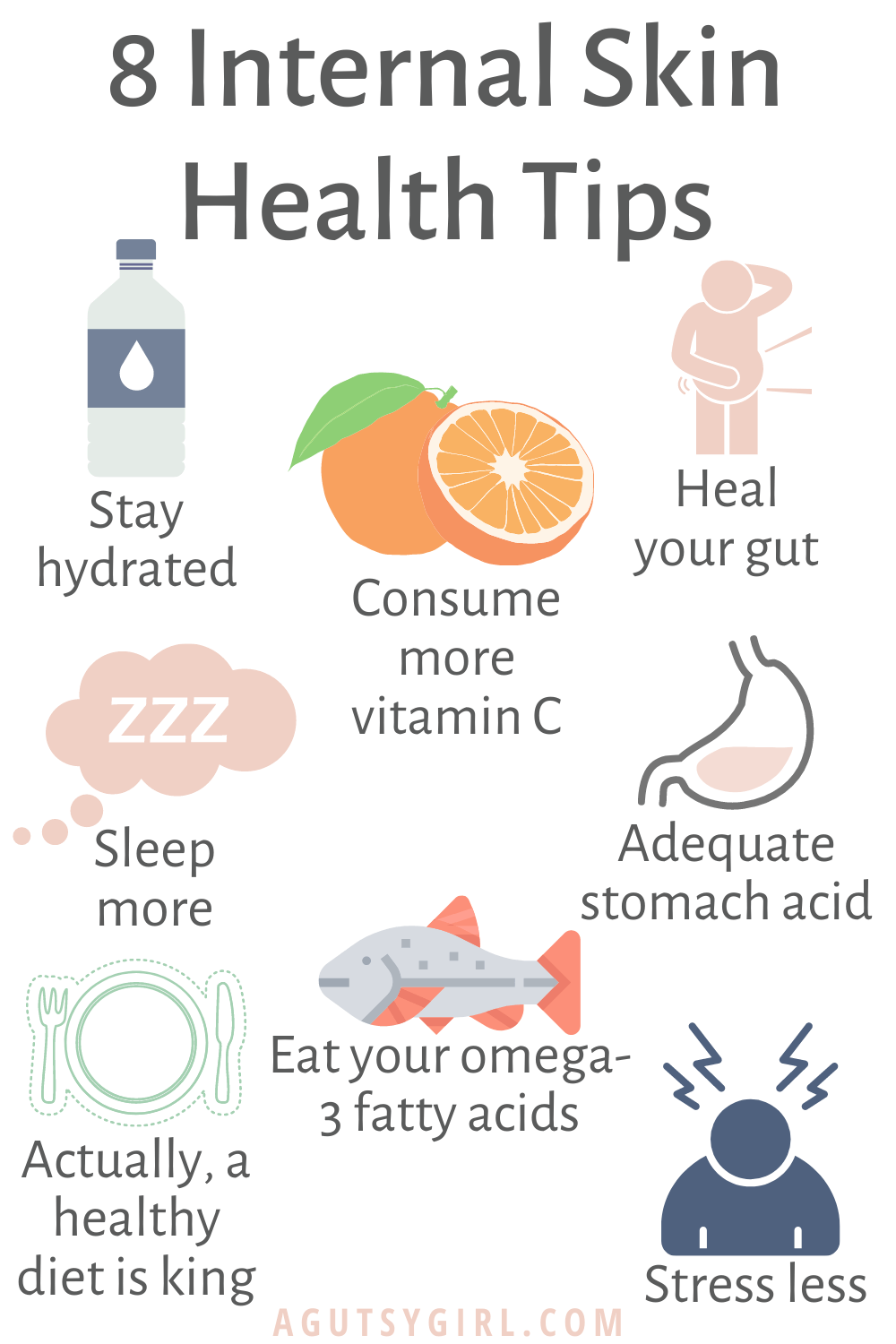
Essential Tips for Healthy Aging: Senior Nutrition Guide
As we age, maintaining proper nutrition becomes increasingly crucial for overall health and well-being. Senior nutrition plays a pivotal role in supporting immune function, energy levels, and disease prevention. In this article, we’ll explore key tips for seniors to ensure they receive the nutrients needed for healthy aging.
1. Prioritize Nutrient-Dense Foods
As metabolism tends to slow with age, it’s essential for seniors to focus on nutrient-dense foods. These include fruits, vegetables, whole grains, lean proteins, and healthy fats. Prioritizing these foods helps ensure a well-rounded and diverse intake of essential vitamins and minerals.
2. Adequate Protein Intake for Muscle Health
Maintaining muscle mass is crucial for seniors to support mobility and overall health. Adequate protein intake becomes more critical as we age. Include protein-rich foods such as lean meats, poultry, fish, beans, and dairy in daily meals to support muscle health.
3. Hydration for Senior Wellness
Staying hydrated is key, especially for seniors. Dehydration can lead to various health issues, including confusion and urinary tract problems. Encourage regular water intake and include hydrating foods like fruits and soups in the daily diet.
4. Mindful Portion Control
As metabolic rates decline with age, adjusting portion sizes is essential. Practice mindful eating by listening to hunger and fullness cues. Smaller, balanced meals throughout the day can help maintain energy levels and support digestion.
5. Embrace a Variety of Fruits and Vegetables
Fruits and vegetables provide essential vitamins, minerals, and antioxidants. Aim for a colorful variety to ensure a broad spectrum of nutrients. Include leafy greens, berries, and citrus fruits to support heart health, cognition, and immune function.
6. Focus on Heart-Healthy Fats
Incorporate heart-healthy fats like avocados, nuts, and olive oil into the diet. These fats support brain health and can contribute to lower cholesterol levels. However, moderation is key, as fats are calorie-dense.
7. Consider Calcium and Vitamin D for Bone Health
As bone density tends to decrease with age, adequate calcium and vitamin D intake is crucial. Include dairy products, fortified foods, and supplements if necessary to support bone health and reduce the risk of fractures.
8. Watch Sodium Intake for Blood Pressure Management
Seniors are often advised to monitor their sodium intake to manage blood pressure. Limiting processed and salty foods can contribute to better heart health. Herbs and spices can be used to add flavor without excess salt.
9. Seek Nutritional Guidance for Individual Needs
Individual nutritional needs can vary based on health conditions and medications. Seniors should consult with healthcare professionals or registered dietitians to tailor dietary recommendations to their specific needs, ensuring optimal health.
10. Stay Socially Engaged During Meals
Eating alone can lead to reduced appetite and nutritional intake. Encourage seniors to share meals with friends or family, promoting social engagement and creating an enjoyable dining experience.
In conclusion, senior nutrition is a critical component of healthy aging. By incorporating these tips into daily life, seniors can enhance their overall well-being, maintain independence, and enjoy a higher quality of life.
For more detailed information on senior nutrition tips, visit Senior nutrition tips.




